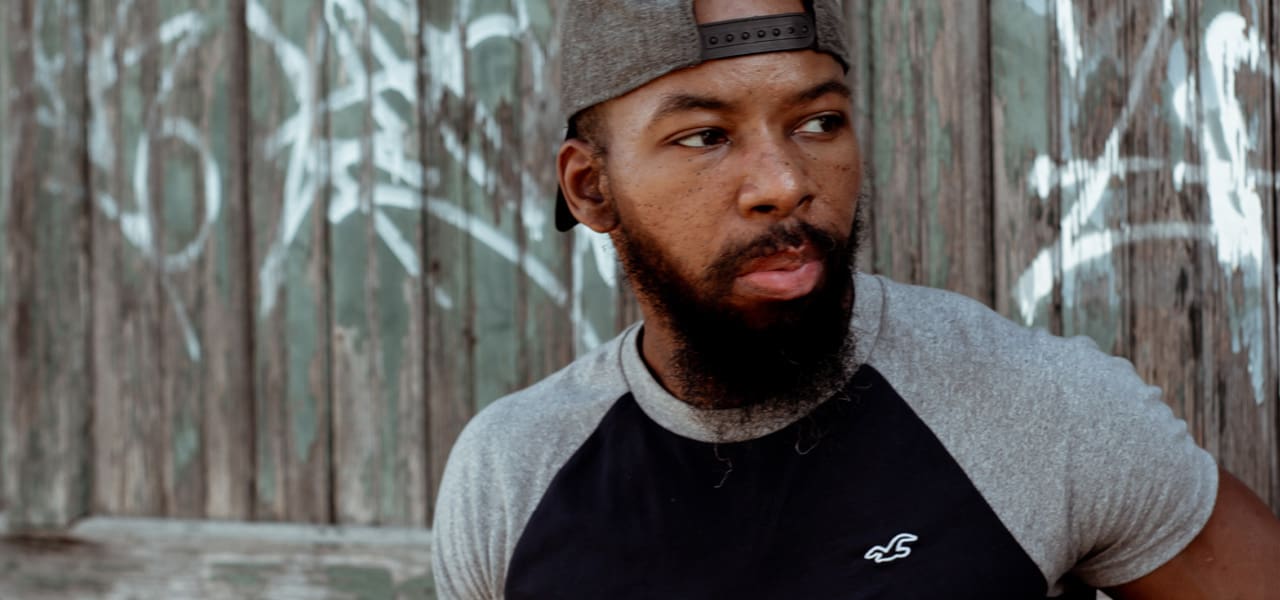Opinion by EHN Guest Writer
Written by Jo Colette, recovered addict, tattoo artist, and mom.
Having strategies for dealing with uncertainty is important because, otherwise, uncertainty can cause debilitating dilemmas in a world where we’ve gotten used to control. Most of our choices in our day-to-day lives can be decided by a click or touch of our fingertips—a quick google search can give you the answer to something you may be wondering (or possibly convince you that you have a life threatening illness!).
When you’ve become used to certain daily routines or habits, changing them can bring on uncertainty that can be unsettling. Making the decision to start living a new life in recovery can bring on a slew of questions that may not be so easily answered by getting lost in an online rabbit hole of information. Learning some skills for dealing with uncertainty and building your uncertainty tolerance is a great first step to living a more peaceful and fulfilling life.
We All Feel Uncertainty In New Situations
Normally we can rely on our experiences of past events to help us predict what the future holds. However, when we’re experiencing something new, our brain is more prone to a state of stress and fear because our predictions are more speculative and uncertain. This rings especially true for trauma survivors and those dealing with an anxiety disorder, who are usually already operating on high alert. But no matter who you are, uncertainty will no doubt sometimes be a part of your life.
Life in Recovery Is Profoundly Different From Life With Addiction
Early recovery is unfamiliar territory to navigate, which brings with it high levels of uncertainty. Gone is the routine of relying on your substance of choice for comfort or escape. Along with countless new feelings and thoughts, it’s likely that your whole social circle and way of living is undergoing a complete change. When I was in early recovery my life was filled with so many unanswered questions. “Where do I fit in now?” “How do I cope with stress without my crutches?” “Will I be able to make friends sober?” “What if I can’t do this?” All of those common questions and many more could have potentially been very overwhelming, had I not taken advantage of the following eight strategies for dealing with uncertainty.
(1) Create an easy routine
Pick from activities that are within your grasp, such as waking up and stretching before you pick up your phone, taking 10 minutes of mindfulness or meditation before you start your day, or writing a sentence or two about your day before you go to sleep.
(2) Figure out which uncertainties you can change and which ones you can’t
Make two lists: the first contains uncertainties in your life that you can change; the second contains uncertainties in your life that you can’t change. Make sure you’re realistic and that the list of uncertainties you can change is simple and contains things that depend on your own actions, not on other peoples’ actions. Take the list of uncertainties you can’t change and set your intention to not allow those things to take control of your thoughts during your day.
(3) Don’t get bogged down by the big stuff
Asking open ended “what if?” questions, such as “what if I don’t have a job in six months?” or “what if I relapse?”, can add fuel to the proverbial fire, and distract you from taking positive action in the moment. Don’t get me wrong—it’s important to think about your future to make the decisions needed to live the life you want. However, if asking yourself this type of question is bringing you more stress than positive motivation, you might need to adjust your thought process. Focus on what you can do today.
(4) Practice self-care and self-compassion
Uncertainty is a normal obstacle to face, try to avoid beating yourself up over feeling uncertain. Rather, learn to tolerate uncertainty in your life and know that you’re not alone. Take a minute, or ten, every day to practice self-compassion: do something that is relaxing and indulgent. Also make you practice self-care daily by covering at least the basics of healthy eating, exercise, and good quality sleep.
(5) Make a gratitude list
By reminding yourself of small things for which you are grateful every day can help put things in perspective—for example, “I am grateful for coffee, another day in recovery, my dog, the way my laundry smells when it’s fresh, a full meal today, and talking to my loved one.” Practicing gratitude can be a powerful way of dealing with uncertainty by focusing on the good things you have.
(6) Practice grounding strategies
At times when fear of the unknown spirals out of control, focusing on grounding yourself, and feeling safe and secure within your own body is not only helpful but necessary. Small uncertainties can build up into full-blown panic if we let our emotional mind take over. Remaining in our logical brains—“I am safe, I cannot control what is out of my control” vs obsessing about “what if’s”—is only possible when we learn to ground ourselves. Different strategies work for different people, but there are many, including breath work, cognitive grounding, physical grounding, mindfulness exercises, and more.
(7) Stay positive
Easier said than done—I know! If you learn to recognize the signs that you’re starting to feel overwhelmed by uncertainty, it’s possible to stop it before it spirals out of control. Embracing the unknown and accepting that some things are beyond your control is crucial for dealing with uncertainty and living a healthy and satisfying life.
(8) Seek support
Often, a short conversation with someone you trust can help quell your anxieties and unease regarding a certain situation and help you to see things from a different perspective, or may validate your thoughts on a matter. If your personal support network is not enough, seek professional help. Sometimes we need extra help regulating our emotions and self-help strategies are not enough—don’t hesitate to reach out!
Remember, You Can’t Eliminate Uncertainty
We all must learn how to deal with uncertainty as a part of our daily lives. There’s no crystal ball showing us what the future holds, and there are hard limits to what we can control. Dealing with uncertainty goes hand in hand with our ability to tolerate it in our lives. Completely eliminating uncertainty is IMPOSSIBLE and learning skills to ground yourself when you feel it popping up in your life is necessary for not letting your anxieties of the unknown take control.
Remember, You Control Your Actions and Reactions
If you recognize that your fear of the unknown is preventing you from enjoying the present moment, you can start by practicing little things everyday to learn to tolerate uncertainty. For example, if you haven’t heard back from someone from whom you’ve been awaiting a response, try not to speculate about why they haven’t gotten back to you. Instead, recognize that it’s out of your control. Breathe, and use your time more productively doing something positive for yourself. If your anxious thoughts about uncertainties revolve around bigger issues, like the pandemic, or political and social unrest, recognize that although these massive issues are mostly out of our control, you as an individual you can control how you behave in relation to them and how you react to them.
Practice Letting Go and Staying Present
Make conscious decisions in your daily life to let go of things you can’t control, embrace the things you can. In times of uncertainty, take comfort in daily activities and routines that keep you present and focused on the positive things in your life. Remember that you’re not alone—we all have uncertainty in our lives—and ask for help if you need it!
We Can Help You
If you’d like to learn more about the addiction and mental health treatment programs provided by EHN Canada, enrol yourself in one of our programs, or refer someone else, please call us at one of the numbers below. Our phone lines are open 24/7—so you can call us anytime.
- 1-800-387-6198 for Bellwood Health Services in Toronto, ON
- 1-587-350-6818 for EHN Sandstone, in Calgary, AB
- 1-800-683-0111 for Edgewood Treatment Centre in Nanaimo, BC
- 1-888-488-2611 for Clinique Nouveau Départ in Montreal, QC
Online Treatment and Support
If you’d like to learn more about our online treatment and support options, please call us at 1-888-767-3711 or visit onthewagon.ca.



